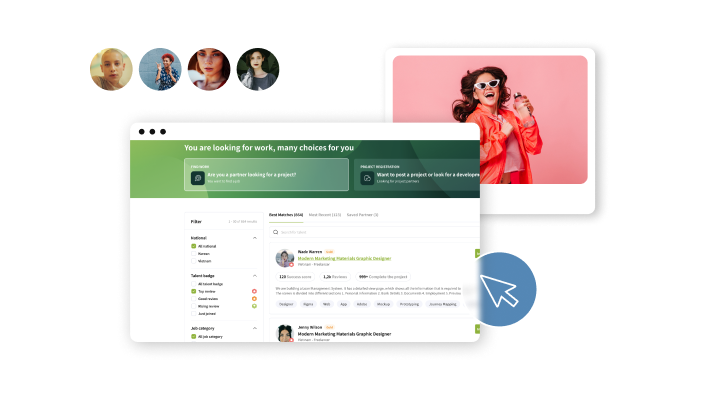As a freelance developer, you come across all kinds of clients. From startup founders and corporate teams to solo entrepreneurs—no two projects are ever the same. But among the many opportunities out there, some come wrapped in temptation: illegal or unethical projects.
I once knew a developer who fell into that trap. He was smart, skilled, and full of potential. But a single decision—taking on one illegal gambling project—ended up costing him ten years of his life.
“I thought just once wouldn’t hurt.”
This developer started his career strong. Even as a junior, he was seen as highly capable—his web, app, server, and security skills were top-notch. Then, one day, he was offered a project through an acquaintance.
It’s a gambling platform,” they said. “But we’ve structured it to avoid legal issues.
He hesitated, but the offer was too good to ignore. The pay was outrageous—even higher than what mid-level managers make at big corporations. And true to their word, he got paid well. The work didn’t seem that different from his other projects, and he was even being praised for his skills.
So he stayed. He took on more tasks. He got more involved.
“I didn’t realize what I was giving up.”
But illegal work always comes with a price.
Eventually, the criminal group he worked with fell into internal conflict. Police investigations followed. And although he was “just the developer,” he couldn’t escape legal consequences.
He didn’t end up in prison, but he was charged and penalized. His name was stained, and so was his career. Though his skills were still sharp, no company would hire him long-term. Why?
Because every time he stayed at a company for too long, someone from the old criminal network would call the company to threaten the CEO.
He had no choice but to survive on short-term freelance gigs. Despite all his talent, he couldn’t build a steady career again. I watched him struggle for years. And from what I’ve seen, he lost an entire decade because of one wrong decision.
Temptation Always Comes Dressed as Opportunity
When you work in tech, especially as a freelancer, the temptation to make fast money can be strong. You’ll hear offers that seem too good to be true—and they usually are.
- “It’s just code. I’m not responsible for how they use it.”
- “They’d just hire someone else if I don’t do it.”
- “It’s just one project. I’ll stop after this.”
These are dangerous thoughts.
Technology might be neutral, but the way it’s used is never neutral. Once your name is tied to something illegal, it follows you. You don’t just lose opportunities—you lose trust, and trust is everything in our industry.
Freelancers Must Set Their Own Ethical Boundaries
Freelancers don’t have the legal and HR protections that full-time employees often enjoy. That means you have to be your own gatekeeper. Before taking on any project, ask yourself:
- Is the client’s business clearly legal?
- Are there any grey areas that should be reviewed with a lawyer?
Is this project good for my long-term reputation?
Would I be proud to talk about this project publicly?
If the answer to any of these is “no” or “I’m not sure,” walk away.
Skill Matters, But Trust Matters More
The reason I’m sharing this story is simple: Your career is not defined by how good you are—it's defined by the choices you make. And in freelancing, those choices carry weight.
There’s real freedom in freelancing. But with that freedom comes the burden of responsibility. One wrong turn, and it could take years to find your way back.
The developer I mentioned? He’s trying to rebuild his life now. He’s working hard, staying clean, and doing his best to move forward. But he once told me:
“If I could go back, I’d choose differently in a heartbeat.”













0 ຄວາມຄິດເຫັນ
ໂພສນີ້ບໍ່ທັນມີຄຳຄິດເຫັນເທື່ອ
ມາເປັນຄົນທີ່ຂຽນຄວາມຄິດເຫັນທຳອິດຂຽນຄຳຄິດເຫັນ